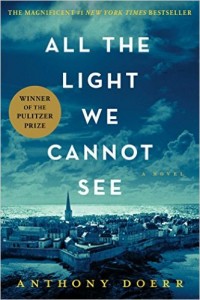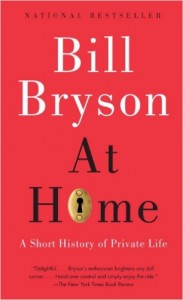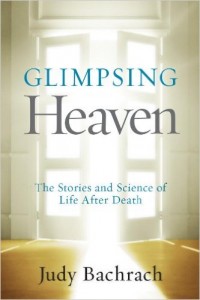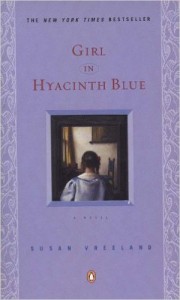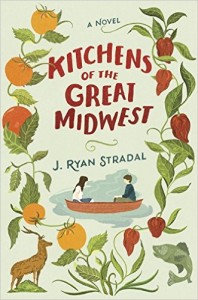“Just forty-five minutes a day,” assures the author of a book on meditation.
Of course I begin my day with this, so as not to forget to meditate. It should help me quiet my mind at night so I’ll sleep soundly.
“An hour of aerobic activity each day,” the exercise guru and well-known doctor advises.
Following my brisk walking workout, I shower and condition my hair with coconut oil.
“Leave it in for 15 minutes,” suggests the hairdresser. “Then wash, dry, and style.”
Blow-drying long hair sure takes awhile.
“Vacuum your carpet daily,” says the carpet sales associate. “It will last longer.”
What a lot of carpet we own.
I finish at last.
For breakfast, I add the recommended flax and Chia seeds to the blender with my yogurt.
“Eat this in the morning all the time,” suggests the nutritionist in her popular book for optimum health.
I down the vitamins recommended by my chiropractor.
“Drink lots of water,” he tells me.
With all the water I’m drinking, I spend more time in the bathroom.
Speaking of bathrooms, my seventeen-year-old Yorkie needs a walk and frequent trips out to the backyard. She no longer is able to get down from the chair where she sleeps and cries when she needs “off.” I race up and down stairs at least seventeen times a day.
“Avoid preservatives,” says an organic farmer.
This requires me to make all of our food from scratch, and grow what we can in our backyard.
“Create posts on Facebook, your blog, and social media,” says a well-known book publicist at a writing conference I recently attended. “Update your web site; make book trailers and your own videos.”
I must LEARN how to do these things first, which for me, takes FOREVER.
Then there’s the laundry, errands, housecleaning and gardening I must catch up on since my recent trip to the conference set me back on my multitude of chores.
I turn on the oven and prepare dinner from the basics. No time-saving remedies, as we don’t eat preservatives, remember?
“Write letters to bond with people and brighten an older person’s day,” my mother cemented in my memories and lifestyle.
I owe three elderly women letters, and get well cards to several friends. It’s flu season.
And speaking of writing . . .
“Set goals for your writing,” I read many years ago.
After three pages of those goals, my emotional energy is draining.
“Make writing your primary activity.”
Of course! It’s number one!
But wait.
Darkness settles around me. I yawn and stretch. If I write now, my mind won’t be able to shut down to sleep.
It will make my insomnia worse.
Do I have time to meditate before Zoie needs her evening walk?
<strong>Writing Prompts:</strong>
1. Set YOUR writing goals. If there are too many which may overwhelm you, create a daily or weekly “to do” list.
2. Make your writing a priority. When is your best time to write well? Carve out time within your day or week, which depends upon your goals.
3. Write! Don’t answer the phone or the door. Make sure members of your household know not to interrupt unless the house is on fire.
4. Can’t write? Relax and wonder (NOT worry) about your project. Let your mind daydream about a character, setting, or plot problem will help you move forward.
5. Don’t be concerned about the number of words, pages, or chapters. Some projects/chapters/poems take more time than others.
6. Writing not your best? Rewriting is terrific!
7. Always take time to write thank you notes. And comments on blogs. They are appreciated.

